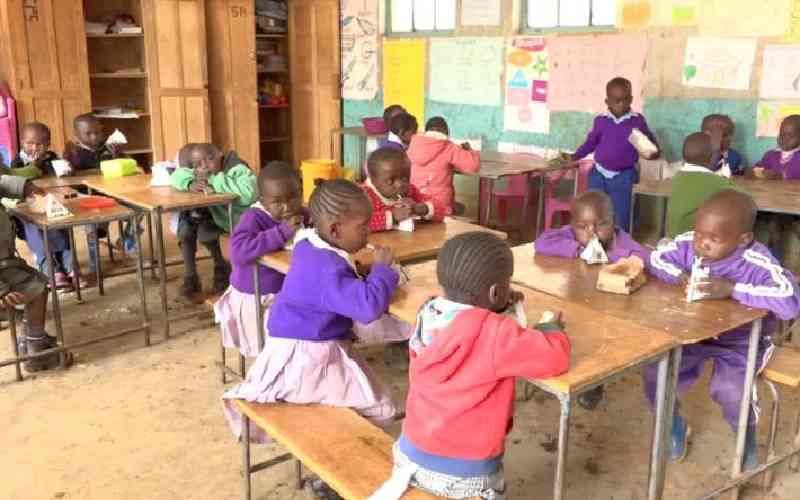
The Presidential Working Party on Education Reforms has proposed that Early Childhood Development and Education (ECDE) centres be transferred from the county administration to the national government.
The governors have strongly rejected the proposal, seeing that they have over the last few years, invested heavily in infrastructure and human resource to run the centres. The wisdom behind the latest proposal is to have primary school head teachers take over ECDEs from county governments in addition to being in charge of junior secondary schools. This will in turn create comprehensive schools that run from pre-primary to junior secondary schools.